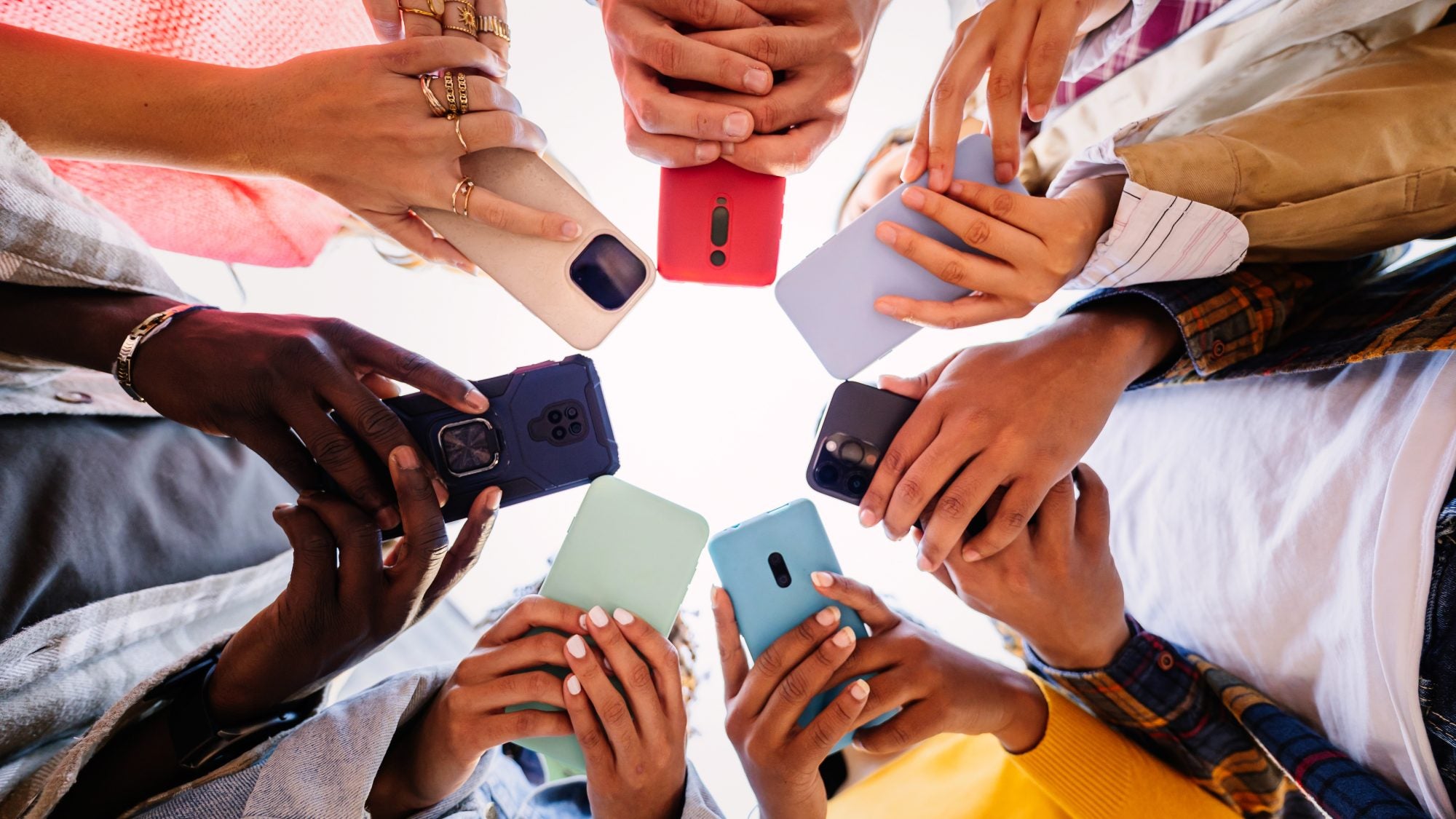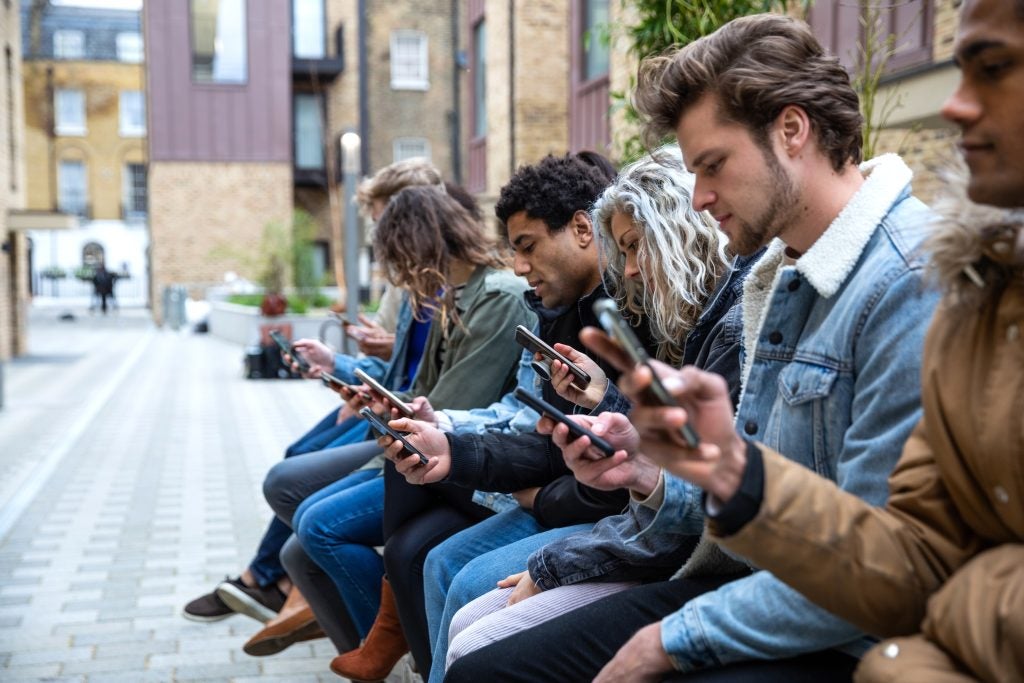After he graded his students’ finals, Kostadin Kushlev settled into his winter break. To unwind, the psychology professor started playing a popular mobile game, Last War: Survival. Before he knew it, he was spending countless hours on his iPhone battling zombies.
That Kushlev spent a significant portion of his break on his phone did not surprise him. Despite the growing evidence of the negative effects of smartphones on sleep, social interactions and mental health, many people continue to find themselves glued to their smartphones every day.

At Georgetown’s Happy Tech Lab, Kushlev studies how digital technology affects human happiness, aiming to understand the hidden costs of our digital lives and how to leverage technology to improve well-being.
“Technology has made our lives easier in a myriad of ways, and yet we’re not happier? How could that be?” Kushlev said. “I’m on my phone as much as anybody else, if not more, so you can say that research is me-search.”
Kushlev focuses on the context and environment in which people use their smartphones — and, more importantly, what people miss out on when they spend their time scrolling instead of interacting with the real world.
Discover more about the effects of smartphones on our happiness, whether men or women are more susceptible to these effects, and some helpful tips to reduce your own screen time.
Ask a Professor: Kostadin Kushlev on Smartphone Addiction
Why are smartphones addictive?
Take for example, smoking. Why is smoking so addictive? Part of it is because you basically get these frequent and small dopamine hits. You can apply the same logic here to smartphones. They’re always with us, unlike any other technology.
Of course, you can get some of those dopamine hits from your computer, but you’re not taking your computer everywhere with you. Even if you are, it’s a little clunky to take out and check your social media on it, whereas phones are designed to give you that dopamine hit quickly.
Most people understand smartphones can be a negative influence, but how does your research add to the debate?
When we think about the effects of smartphones and technology on well-being, we often focus on what people are doing on these technologies. Is it social media? Is it gaming? What is the effect of that?
These are important questions. But I focus on the context in which that use happens. Gaming could actually be good for your well-being, but there’s an opportunity cost: if you’re spending five hours a day gaming, then you’re not doing other things.
What are those other things that technology displaces? We all know that screen time isn’t kind to those important eight hours of sleep. It could also be physical activity. It could also be real-world, in-person social interactions. All of those are pretty important for happiness.
To the extent that we’re spending more time in front of a screen and less time sleeping, exercising or interacting with others, phones can hurt our happiness.




